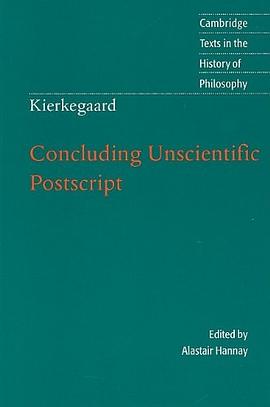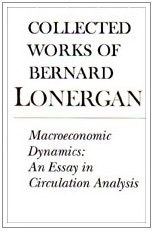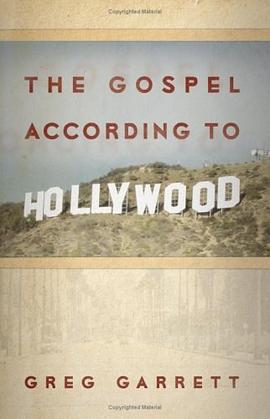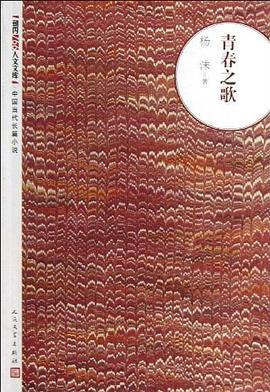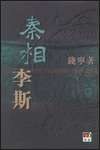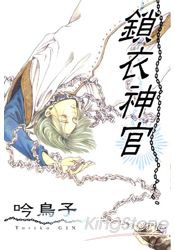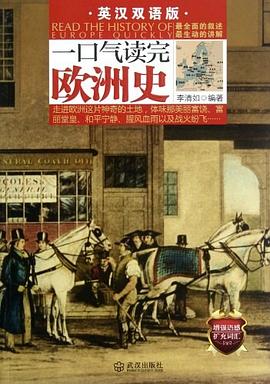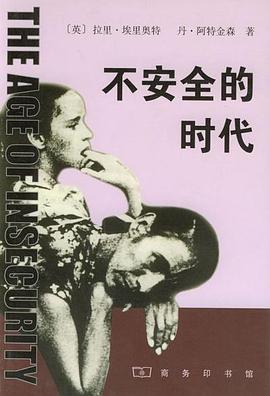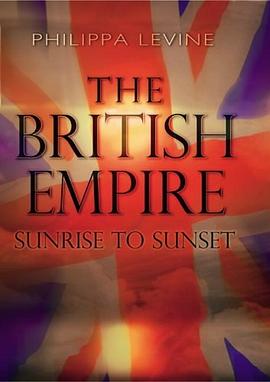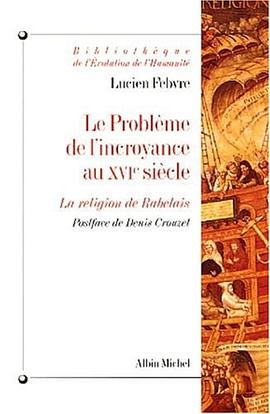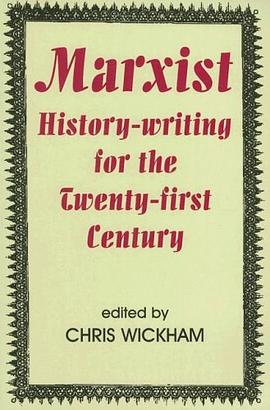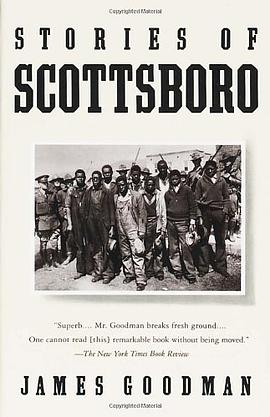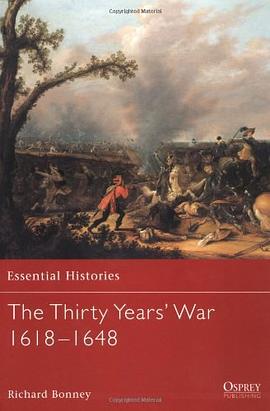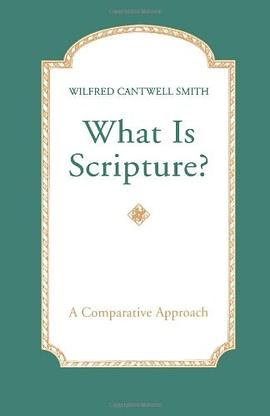

"Scripture" is no longer an absolute. In the last two centuries, as Westerners have become more keenly conscious of the historical character of their own biblical documents, they have also realized the normative function of scripture in other traditions. W.C. Smith's vastly erudite work asks how it is that certain texts have so seeped into human life - in a rich, complex and powerful way - as to be deemed sacred. Examining the history and use of scripture in the world's major religious traditions, he shows how and why scripture continues to carry momentous and at times appalling power in human affairs. That dynamic instability, that irrepressible process, and that stubborn pluralism are not simply modern embarrassments to believers. Rather, for Smith, they provide the essential clues to what "scripture" is. Smith first illustrates, by a fascinating look at the Song of Songs, how texts have both come into and passed out of their status as "scripture." He shows how one text has been differently deemed in Judaism and Christianity and strikingly variously interpreted in different settings and epochs. In ensuing chapters that explore the Jewish, Islamic, Hindu, Buddhist, and other instances, Smith lays bare the diverse strands of a complex historical process of scripture and its modern newly self-conscious phase. In the end, Smith's creative proposal is valuable not only for showing what it means to hold a text as sacred, or to treasure another's scripture, but also for the light it sheds in a troubled culture on what it means to be human.
具体描述
读后感
评分
评分
评分
评分
用户评价
相关图书
本站所有内容均为互联网搜索引擎提供的公开搜索信息,本站不存储任何数据与内容,任何内容与数据均与本站无关,如有需要请联系相关搜索引擎包括但不限于百度,google,bing,sogou 等
© 2025 book.wenda123.org All Rights Reserved. 图书目录大全 版权所有

